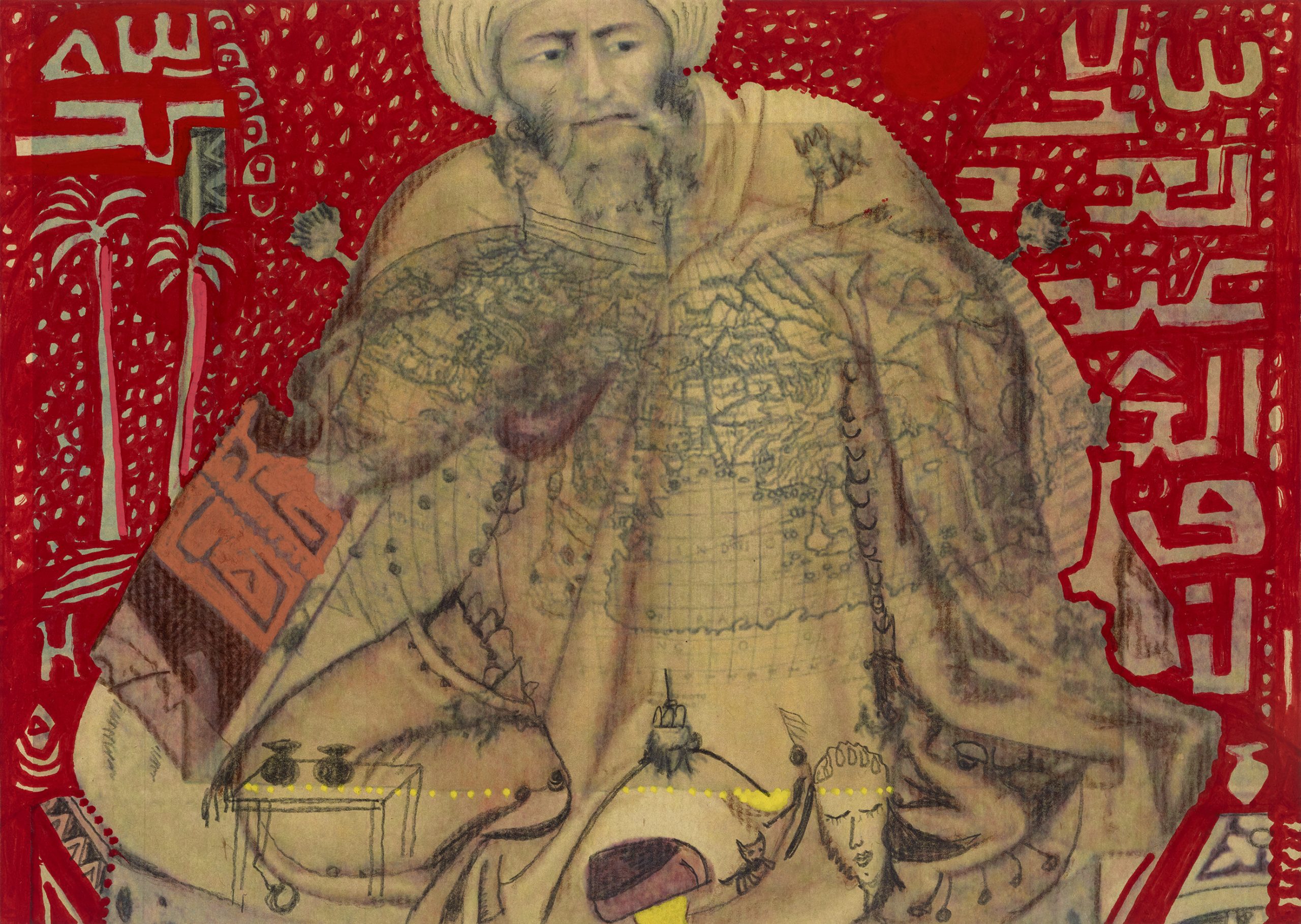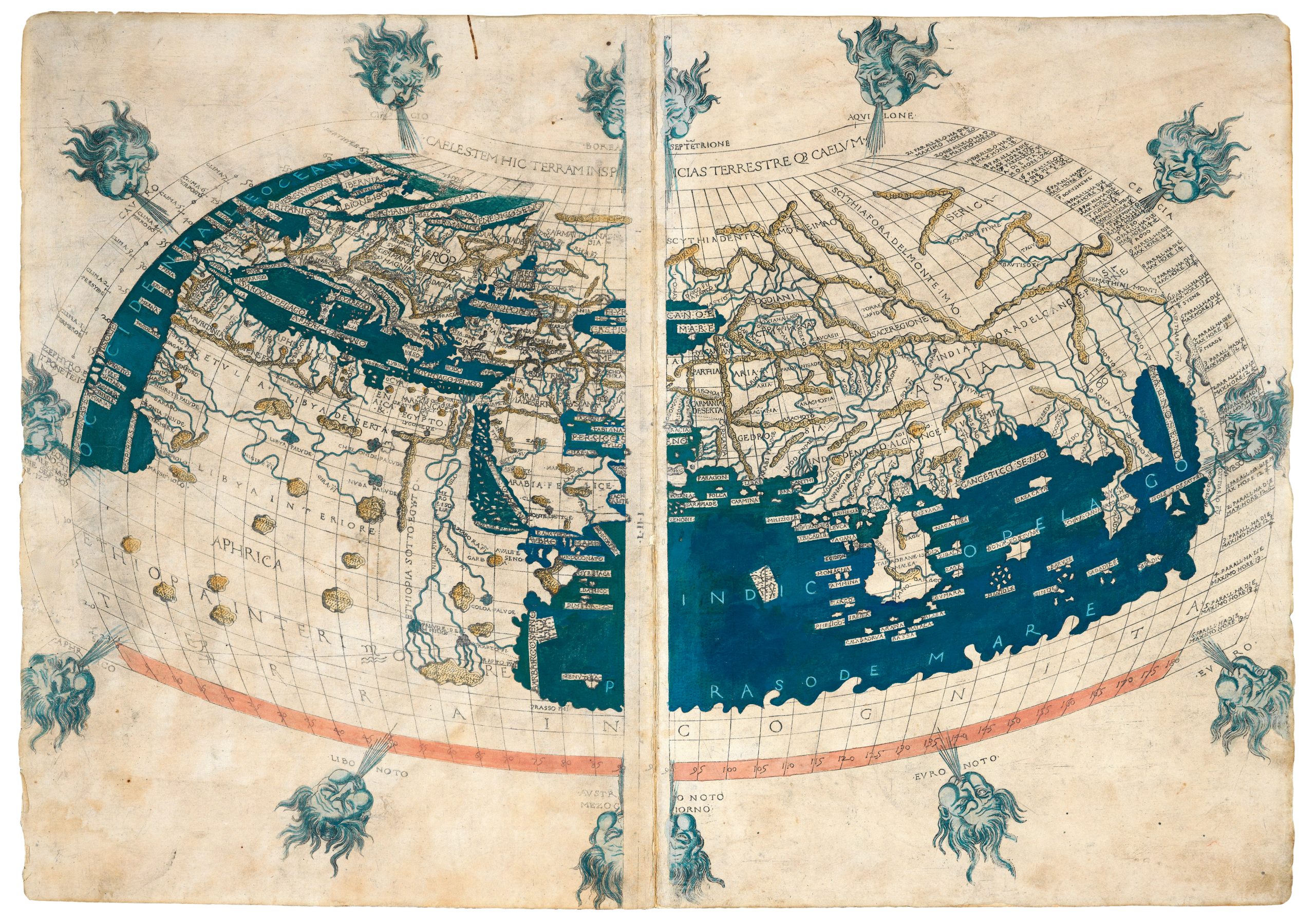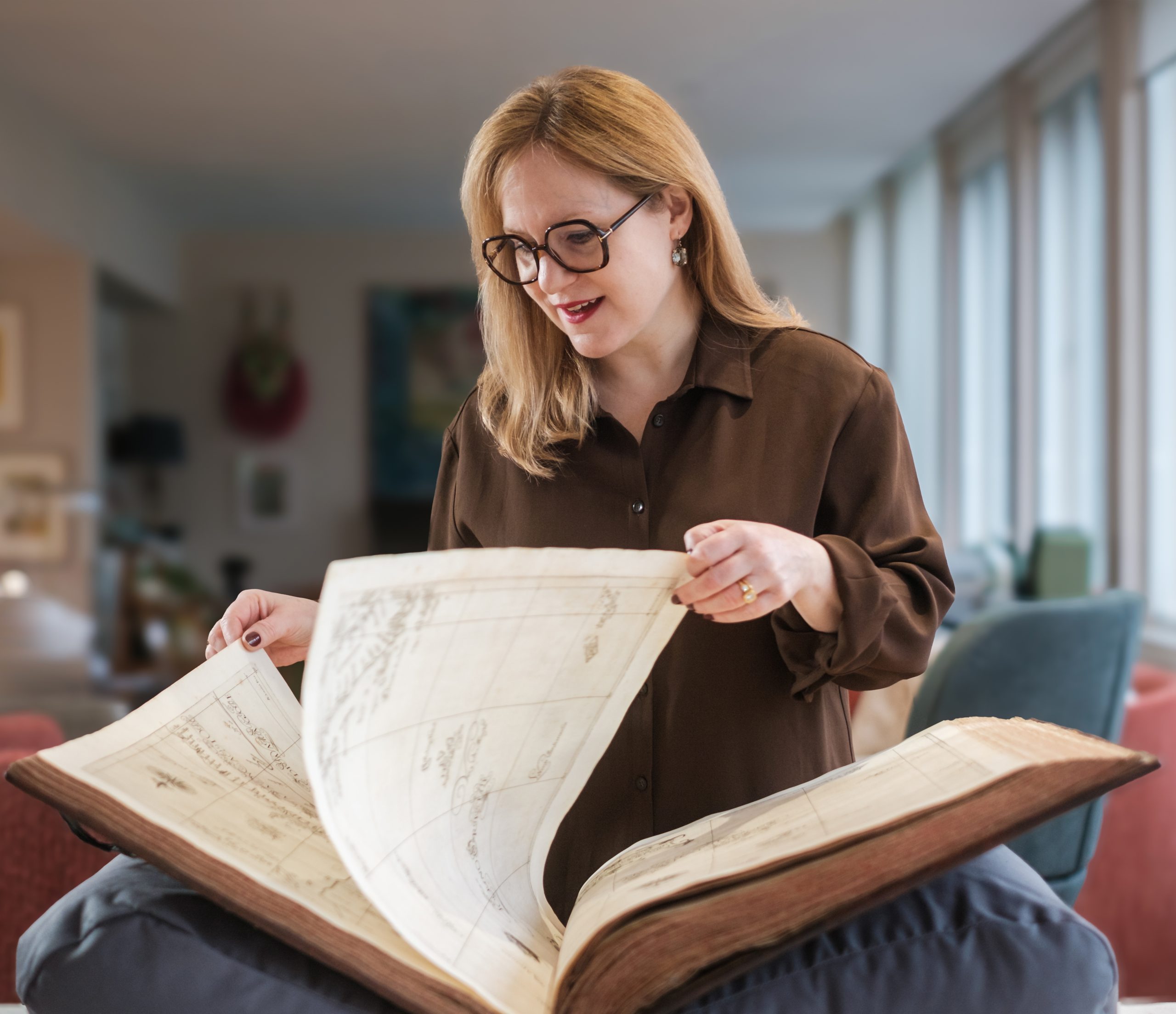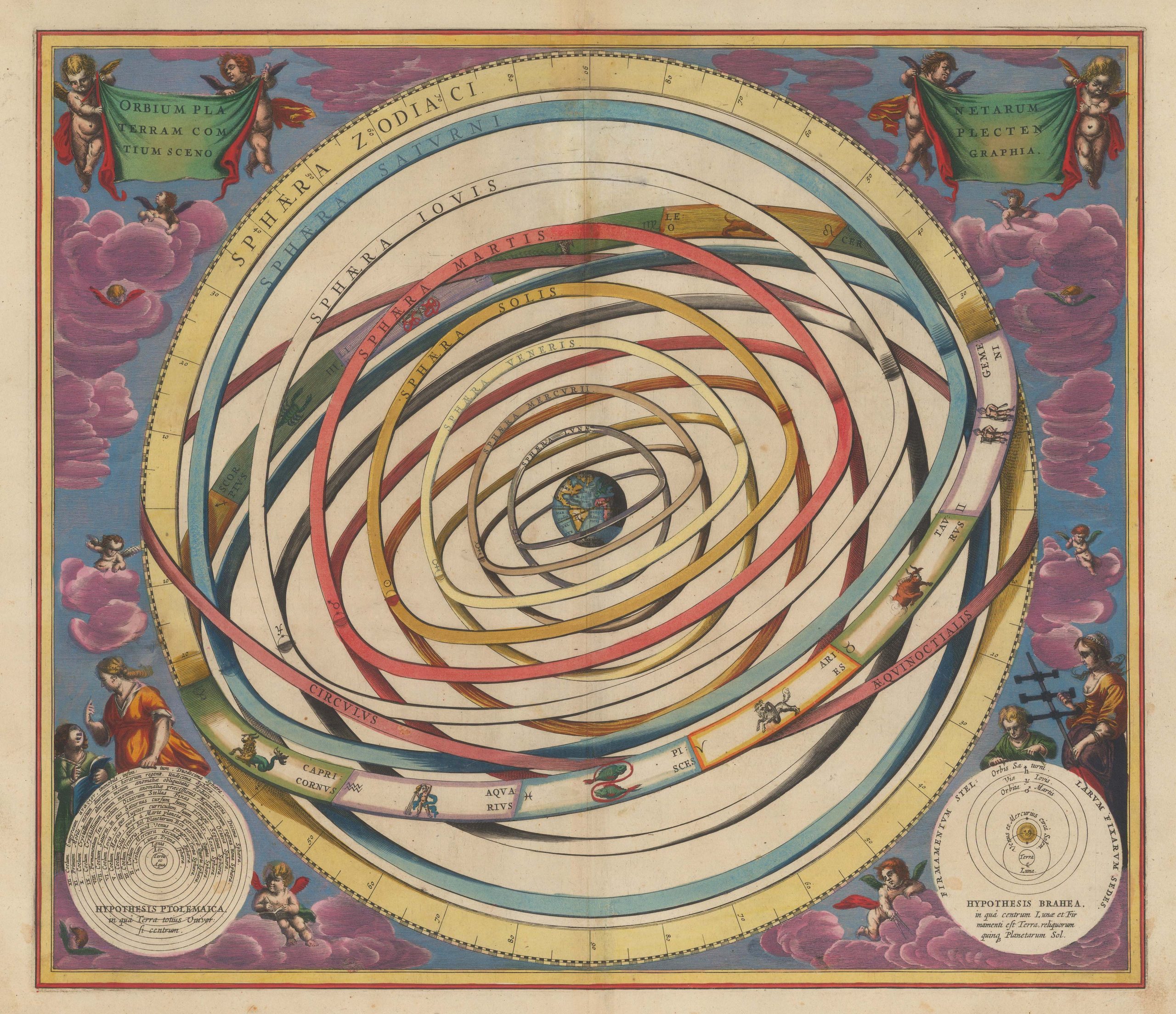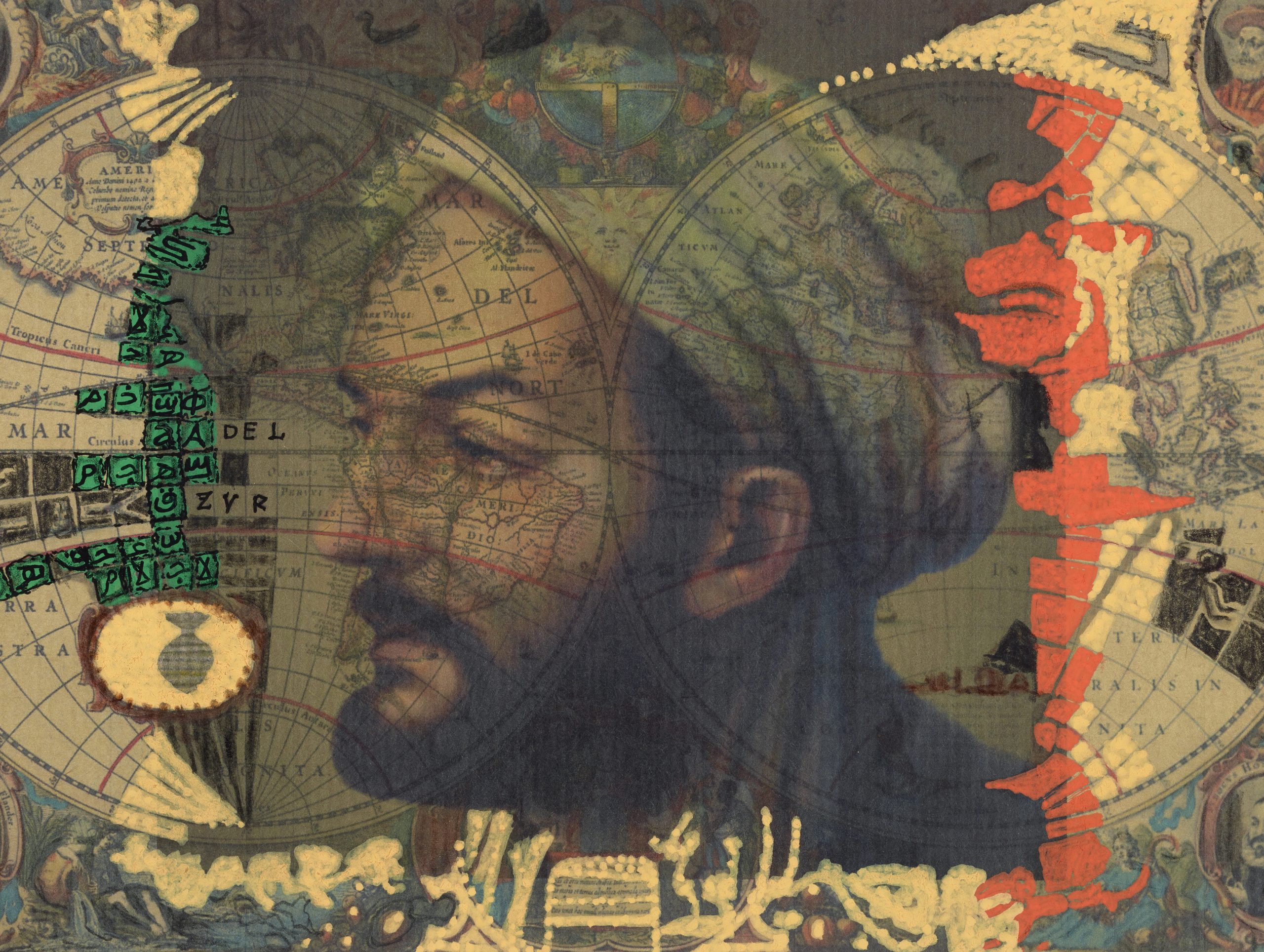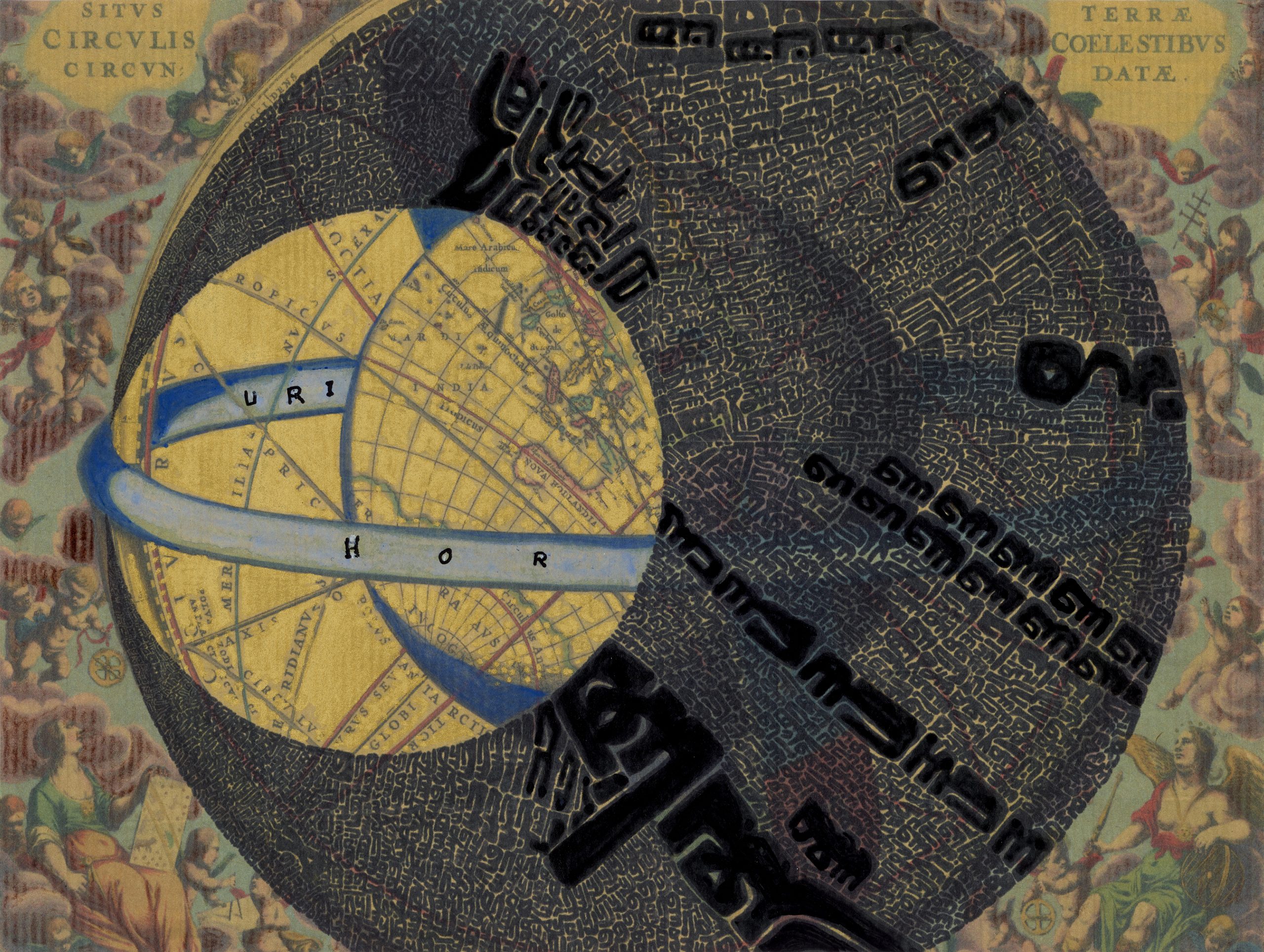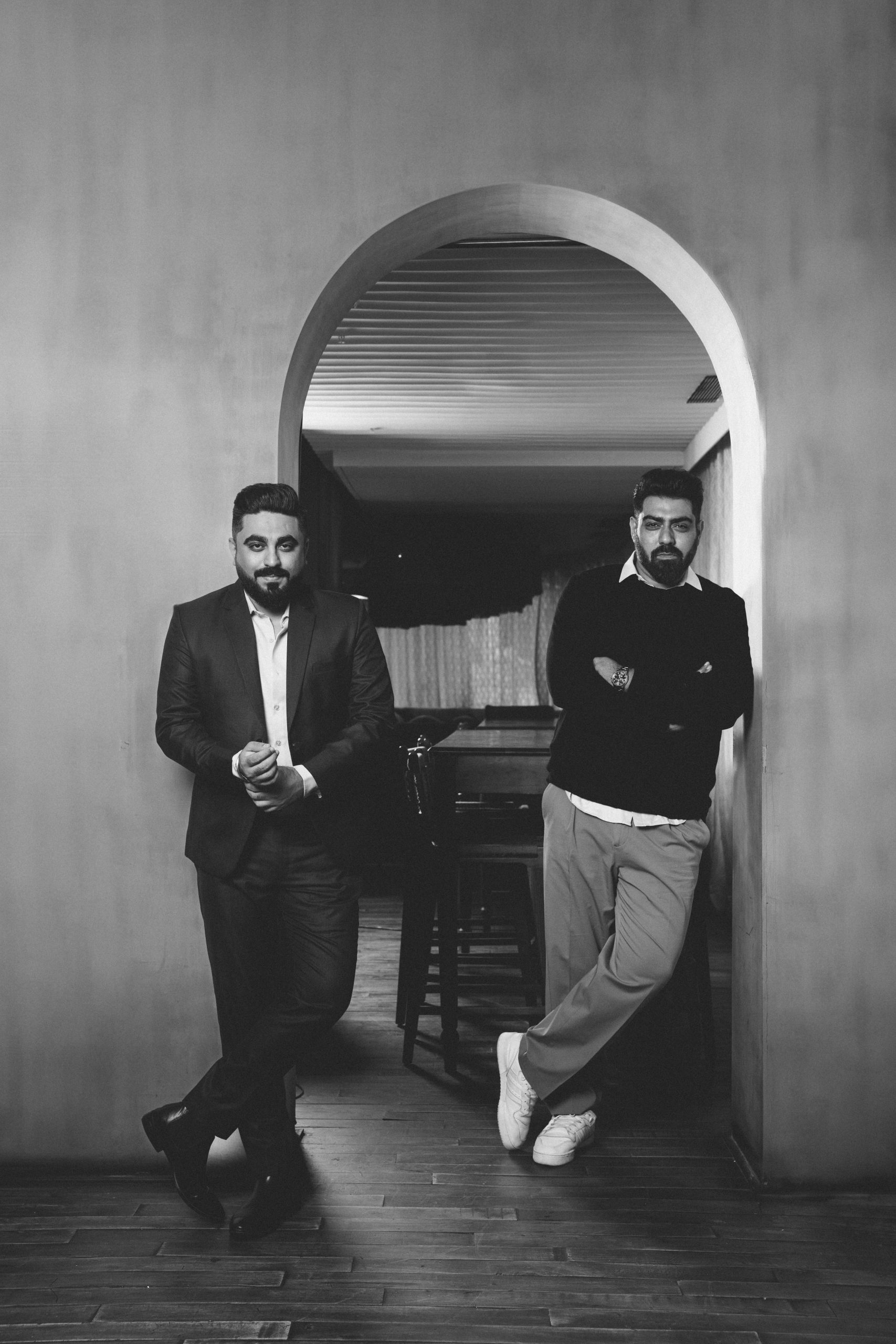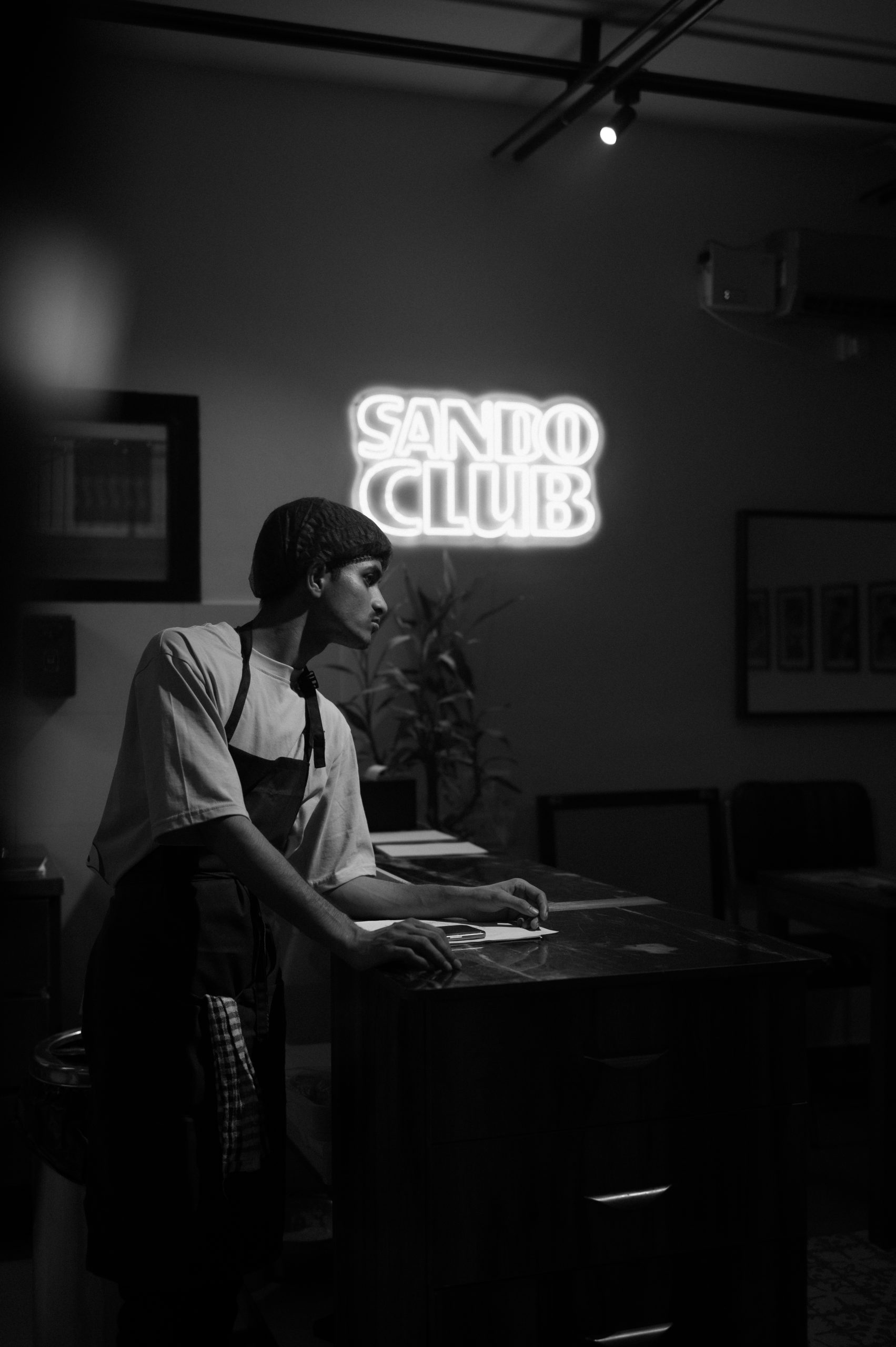There are several ways to connect with one’s cultural heritage — tales passed down through generations, clothing significant to a region, a meal that consists of memories as old as time, to name but a few. At the heart, however, lies a story to tell. Stories — that connect one’s past, present, and future, take up intangible space around us, and convey themselves through innumerable avenues.
Art in these scenarios takes centre-stage — laced with components of a time gone by, or a peek into what lies ahead. While art is often interpretive, we look to a form that recreates and represents the time of being, i.e., maps.
The Sunderland Collection is a private collection of rare and antique, world and celestial maps. It is a “unique curation showcasing the evolution of knowledge, as well as a striking celebration of human exploration, discovery, and wonder”. Over 30 years ago, Dr Neil Sunderland, an avid traveller, who was passionate about maps and diverse cultures, founded The Sunderland Collection. Since then, the entity has grown and become more layered. Maps can transport us to another time. They offer a glimpse of cultural nuances that other disciplines may be unable to. They are able to inspire and bring about moments of delight. These artful creations are uniquely thought provoking.
Francesco Berlinghieri, Berlinghieri’s Ptolemaic World Map in Contemporary Colour, 1482, Florence, Italy, Oculi Mundi
Helen Sunderland-Cohen is leading the charge in opening access to private collections. Through Oculi Mundi, a digital heritage platform, The Sunderland Collection finds its home online. Here, a dynamic and near-immersive quality allows enthusiasts to explore maps in a manner that would be impossible with the physical items. Moving through these maps and being able to navigate through each one is a unique experience.
The opening up of such maps to the world is no simple undertaking, and the understanding of the art behind them must be profound. Cartography reflects a sophistication in technique that is applicable to the art world at large. Tapping into this potential, The Sunderland Collection launched its Art Programme, which “invites artists to engage with antique cultural heritage objects which provide a unique lens to contemplate, and respond to, whatever issues resonate with the artist — from artistic techniques to scientific knowledge, from human history to theories of cosmology — and beyond.”
(L-R) Helen Sunderland-Cohen; Andreas Cellarius, Atlas of the Cosmos, 1660, Amsterdam, The Netherlands, Oculi Mundi
Bridging the gap between cultural heritage and contemporary art practice, The Sunderland Collection Art Programme announced its inaugural exhibition with Fathi Hassan: Shifting Sands. Nubian, Egyptian artist, Fathi Hassan, on exploring the collection, was motivated by his journey through time and space and created works reflective of his life: “The pieces reflect on the flooding of Nubia in 1952 which displaced the artist’s family five years before his birth, with symbols including the traditional boats (felucca) which were used to navigate the Nile, and which have come to represent the displacement of people by the flood,” as stated by The Sunderland Collection. The execution of such work sees multi-dimensional approaches: “The exhibition will present mixed-media works combining collage, print, pencil, and gouache that depict autobiographical components of Hassan’s lived and artistic journeys, Italian landscapes, and motifs that the artist has consistently incorporated into his practice, such as animals from his childhood, a crescent moon and Nubian warriors.”
From Fathi Hassan: Shifting Sands (L-R) Trailblazers (Al-Idrisi), mixed media on paper, 40 x 30 cm, 2023l; Magic Moon, mixed media on paper, 40 x 30cm, 2023
The Art Programme anticipates a series of artists responding to the collection with a diverse calendar of exhibitions, attracting new interest in the significant works which form The Sunderland Collection.
Providing artists with a bed of inspiration, the Art Programme extends the values of the collection. Artistic responses are given a nurturing space to exist and thrive – and Fathi’s work only marks the beginning.
To explore the digital home of The Sunderland Collection via oculi-mundi.com.
Words by Meghna Mathew.
Image credits: The Sunderland Collection.
